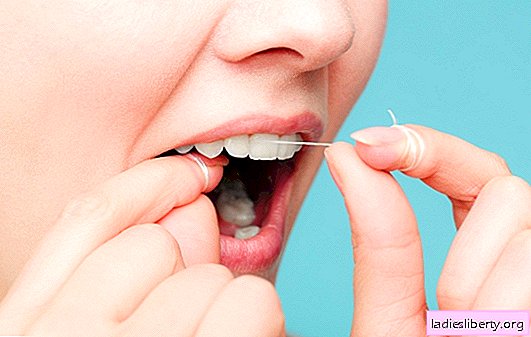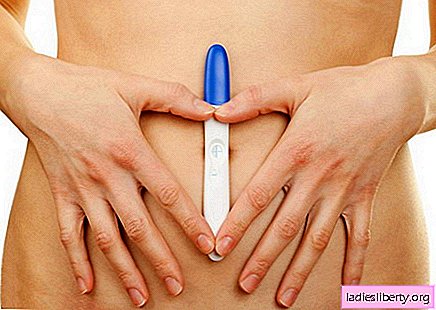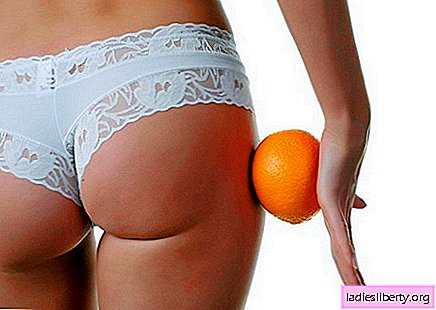
Brushing your teeth regularly is the most effective way to prevent dental problems. Hygiene of the oral cavity should also include cleaning of the interdental spaces - dental floss. In the US, the effectiveness of dental floss is being called into question. However, German dentists emphasize its importance in daily cleaning of the oral cavity.
Oral hygiene is not just brushing your teeth
Nothing prevents tooth decay, gingivitis and toothache like regular brushing. According to experts, hygiene is more important in the evening than the next morning. The oral cavity is more susceptible to bacterial colonization at night.
However, effective oral hygiene means more than just brushing with toothbrushes.
Once a day, a person should also properly clean the interdental spaces - with dental floss or interdental brushes. In the US, the effectiveness of dental floss is currently in doubt.
Is dental floss an old and untested remedy?
For decades, the US Department of Health has recommended flossing in the American Nutrition Guide. The scientific advantages of dental floss, despite numerous studies, are still not clear.
There are studies that show that dental floss is not necessary for healthy teeth. In a comparative study, Cochrane Collaboration scientists did not find a clear link between flossing and a reduction in gum or tooth problems.
The research was "very poor quality"
An assessment by scientists has shown that the use of dental floss reduces plaque and gingivitis to a very small extent. According to the authors, some studies were of "very poor quality", and their conclusions are unreliable.
The American Dental Association ADA is worried about recent reports. She appealed to the public and published a statement by Pro Floss. In their opinion, the results were misinterpreted, so they continue to recommend daily use of dental floss.
Good oral hygiene
German experts believe that dental floss is an important component of daily oral hygiene. The Federal Dental Association reports: "In everyday practice, it is obvious that dental floss is a useful tool for cleaning interdental spaces."
Toothbrush only cleans about 70% of the tooth surface. However, caries and periodontal disease in adults also occur in the interdental space. Therefore, the interdental spaces should be thoroughly cleaned once a day.
According to experts, dental floss "remains the best solution" in bottlenecks to remove contamination. According to their own statements, the Federal Dental Association is in favor of further research in order to study the effectiveness.
Dental brushing alone is not enough to effectively clean the interdental spaces, so dentists recommend additional products. However, a real preventive effect can be demonstrated only in studies when a professional expert cleans the space with dental floss.
According to reports, studies have shown that using floss in combination with brushing your tooth improves the prevention and treatment of gingivitis. Study participants who used a brush did not achieve such good results as those who used dental floss.
However, the preventive effect of dental floss has not yet been scientifically proven. There are not enough observational studies on the correct use of dental floss to confirm benefits.
Individual oral hygiene tips
Small interdental brushes can be inserted into the interdental spaces and remove necessary food debris and plaque. However, it is important that the dentist individually shows the patient how to brush their teeth.
Conclusion: Do not use dental floss and space brushes, of course, the wrong way. It would be better to consult a dentist who will tell you about the correct use of the thread. The specialist can also give advice on personal hygiene.











